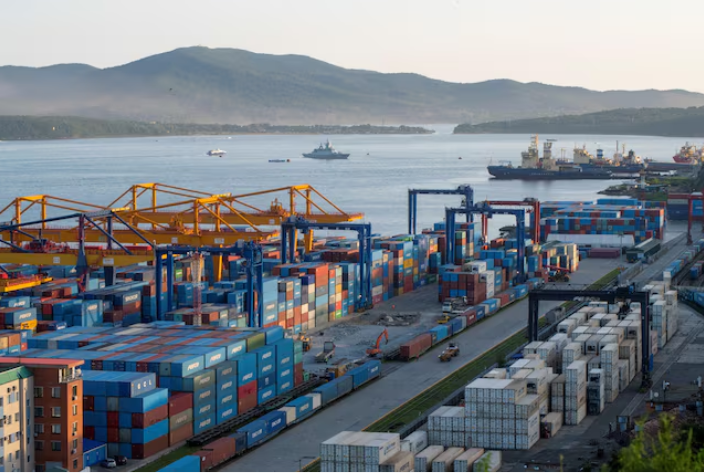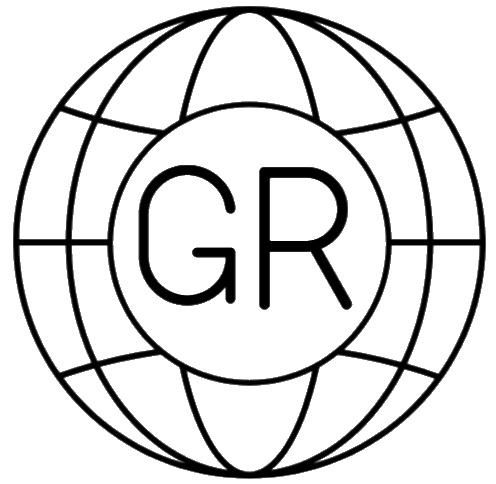
U.S. Tariffs on Ukraine: Economic and Geopolitical Implications
The United States has recently imposed a 10% tariff on Ukrainian goods while exempting countries such as Russia and North Korea from similar measures. This decision has sparked concerns regarding its economic impact on Ukraine, which is already struggling due to its ongoing conflict with Russia. The move has also raised questions about U.S. foreign policy consistency and its broader geopolitical strategy.
Economic Impact on Ukraine
The 10% tariff on Ukrainian exports to the U.S. could hinder Ukraine’s economic recovery by making its products less competitive in the American market. As Ukraine fights to sustain its economy amid the war, additional trade restrictions could exacerbate its financial difficulties. Ukraine relies heavily on exports, including agricultural and industrial goods, and the tariff could reduce its access to one of the world’s largest consumer markets.
Some analysts argue that the tariff may push Ukraine to seek alternative markets, particularly within the European Union and Asia. However, diversifying trade relationships takes time, and in the short term, the tariff may negatively impact Ukrainian businesses and workers.
U.S. Justification and Exemptions
The U.S. administration has defended its decision by stating that countries like Russia, Cuba, and North Korea were exempted from these new tariffs due to existing sanctions that have already limited trade between them and the United States. White House Press Secretary Karoline Leavitt explained that these sanctions effectively block substantial economic exchanges, making additional tariffs unnecessary.
However, the exemption of Russia, despite its ongoing war against Ukraine, has raised eyebrows. Critics argue that this decision could be perceived as weakening economic pressure on Russia while simultaneously penalizing Ukraine, which has relied on Western economic and military support throughout the conflict.
Geopolitical Considerations
The decision to impose tariffs on Ukraine while sparing Russia has led to speculation about the broader geopolitical implications. Some experts believe that the U.S. may be attempting to maintain open diplomatic channels with Russia, possibly as part of a strategy to negotiate an eventual ceasefire. Others argue that the move could inadvertently send mixed signals about Washington’s commitment to Ukraine.
Additionally, the tariffs could strain U.S.-Ukraine relations at a time when Kyiv needs strong backing from its Western allies. Ukrainian officials have expressed concern that the measure contradicts Washington’s stance of unwavering support. It may also embolden Russia, which could interpret the decision as a weakening of U.S. economic pressure.
International Reactions
The global response to the U.S. tariff decision has been largely negative. European leaders and other Western allies have criticized the measure as counterproductive, arguing that it undermines Ukraine’s economic resilience. Some have warned that such trade restrictions could encourage further global protectionism, potentially leading to retaliatory measures from affected countries.
In contrast, Russia has responded positively to the decision, seeing it as an opportunity to continue its economic activities with reduced pressure from Washington. Moscow has already been working to strengthen economic ties with China and other non-Western partners to mitigate the effects of Western sanctions.
Author: Global Ripple
Posted on: April 03, 2025
 Global Ripple
Global Ripple